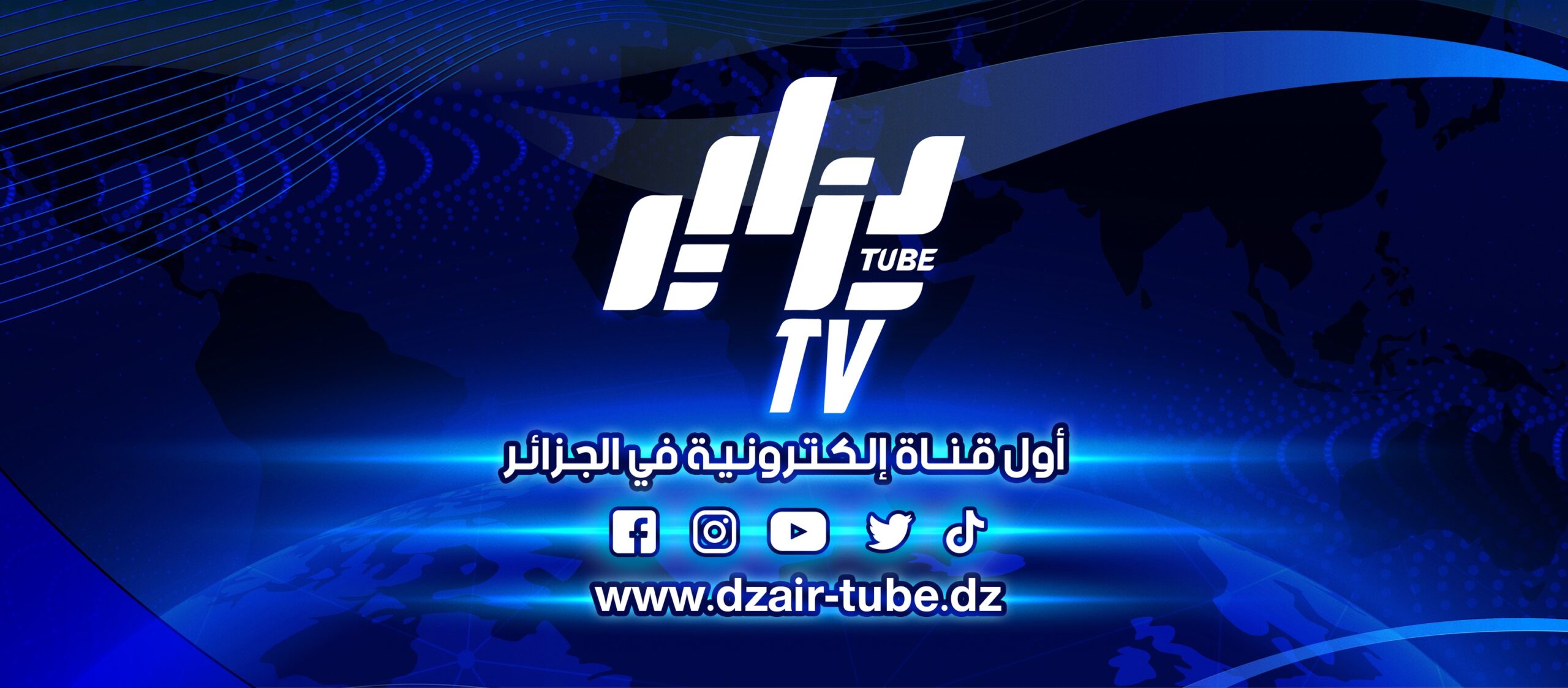BY: Dr. Hana Saada
A viral online campaign rooted in historical trauma and deep national affection calls on President Abdelmadjid Tebboune to skip the upcoming Arab League summit in Iraq, invoking haunting memories of past tragedies and expressing grave security concerns.
Algiers, Algeria | April 23rd, 2025 — In an unprecedented display of national affection and civic vigilance, Algerians have launched a sweeping online campaign urging President Abdelmadjid Tebboune to decline the invitation to attend the Arab League Summit scheduled for mid-May in Baghdad, Iraq. The hashtag #لا_تذهب_للعراق (“Don’t go to Iraq”) ( #عمي_تبون_ماتروحش_للعراق) has surged across Algerian social media platforms, reflecting the public’s heartfelt plea for the president to prioritize his safety amid a volatile regional climate and echoes of tragic historical precedents.
https://www.facebook.com/photo.php?fbid=1219120703137159&set=a.656107742771794&type=3&ref=embed_post
The campaign gained momentum following the circulation of a poignant video featuring an Algerian woman tearfully imploring President Tebboune not to embark on the trip, citing deep-rooted fears rooted in Algeria’s political memory. Chief among these is the mysterious illness that claimed the life of former President Houari Boumédiène after his 1978 visit to Iraq—an event long clouded by suspicions of poisoning. Similarly, the 1982 downing of a plane carrying Algeria’s then-Foreign Minister Mohamed Seddik Benyahia, by, as many revealed, a missile fired from Iraqi territory during his mediation efforts in the Iran-Iraq conflict, remains a source of national anguish and suspicion.


“Algerians love their president and want him to remain safe. We are not ready to lose another leader to the same soil that holds too many unanswered questions,” posted user Mahmoud Djabri. “Mr. President, you are Algeria’s strength. Please do not risk your life—not even by one percent. The nation needs you now more than ever.”
https://www.facebook.com/photo.php?fbid=10213798841521066&set=a.1469394390666&type=3&ref=embed_post
This heartfelt appeal is not merely rooted in emotion but also in geopolitical realism. Commentators argue that Iraq today, despite its attempts at stabilization, remains a terrain entangled in the interests of competing foreign intelligence services and internal power struggles. “When the Algerian president steps onto Iraqi soil, he is not entering a fully sovereign state, but a fragmented zone of influence,” wrote analyst Mohamed Mehdi. “It’s a dangerous gamble for any statesman—especially one who stands firm on regional justice and the Palestinian cause.”
Many of the messages posted by Algerians reflect this dual concern—fear of external plots and internal betrayal, and a deep-seated trauma left by the deaths of iconic figures in ambiguous circumstances. One user wrote, “We do not want a repeat of the Boudiaf, Boumédiène, or Benyahia tragedies. We love our president. Please don’t send him to a place where so many questions are left unanswered.”
https://www.facebook.com/photo.php?fbid=1352735189305803&set=a.299727094606623&type=3&ref=embed_post

